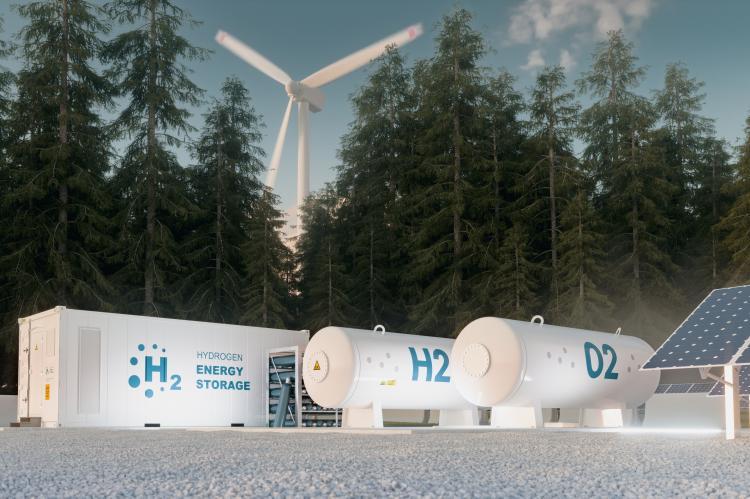Hydrogen Being Touted as Fossil Fuel Replacement

Long common knowledge but shunned because of high production, transportation and storage costs, hydrogen (now usually adjoined with the adjective "green") is being viewed with increasing favor on both sides of the Atlantic. If plans to use green hydrogen come to fruition, these will have far-reaching implications for the pipeline industry.
One new investment fund, HydrogenOne Capital, is being launched by JJ Traynor, a former Royal Dutch Shell executive, and Richard Hulf, who has worked at Exxon Mobil and been an energy fund manager at Artemis. The fund will focus on hydrogen this year as more and more governments include the niche fuel in their strategy to mitigate the environmental impact of global warming. The sector is expected to attract hundreds of billions of dollars in investment in the coming decades. Indeed, analysts at Barclays expect demand for hydrogen to grow eight-fold to 575 million tonnes per year by 2050 in a market worth more than $1 trillion.
Green hydrogen is also resonating with the European Union, which is looking to promote the potential fuel to help reach net zero emissions. As the body's leading and most influential member, Germany intends to expand the role of green hydrogen to help end the country's reliance on coal. The government agreed on a plan on how to spend the €9 billion earmarked for the project.
Economy Minister Peter Altmaier noted that it would not be possible to produce enough hydrogen from renewables domestically and an import industry must be built up from wind and solar-power intensive nations, like those in North Africa, to achieve CO2 targets.
Earlier this year German gas pipeline operators announced the blueprint for the world's largest hydrogen grid, which would cover around 5,900 kilometers (3,666 miles). Details about the first section (when ready in 2030, it will be some 1,200-kilometers in length) were released last month. Only 100 kilometers of the first stage would need to be built, with the rest being converted former gas pipelines, according to the grid operations' association FNB Gas.
Parts of Germany are already mobilizing to welcome new green hydrogen facilities. The northern city state of Hamburg, for example, announced plans in September to become home to the world's largest hydrogen electrolysis plant with a capacity of 100 megawatts. And in Bavaria, a hydrogen research center is being set up and carmakers Audi and BMW, along with Siemens and energy supplier Bayernwerk are all part of the collaboration.
Hydrogen, the universe's most abundant element, has often been touted as a way to power vehicles and energy plants. Presently most hydrogen used is produced by reforming natural gas, which also releases a lot of carbon dioxide (CO2). Green hydrogen, on the other hand, is extracted from water by electrolysis, with zero emissions, but it is still a very energy-intensive process

